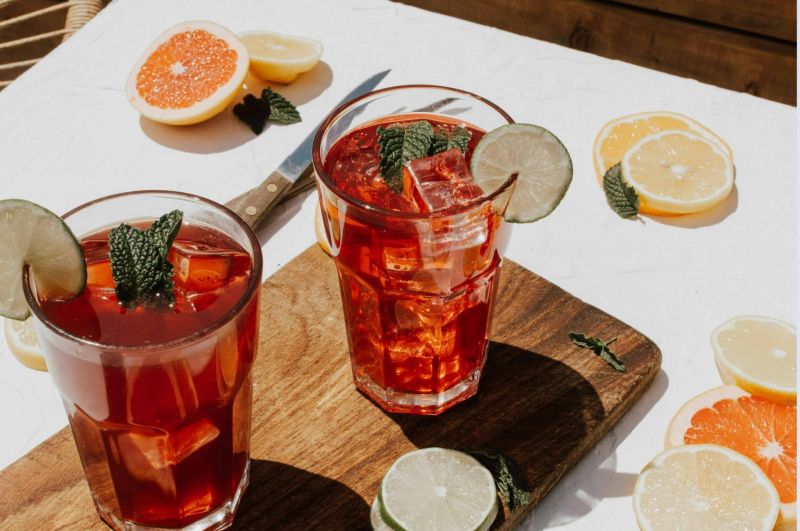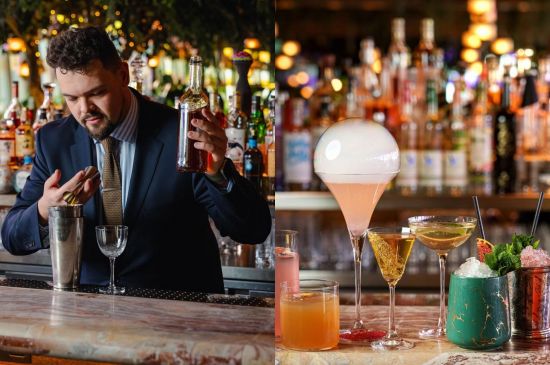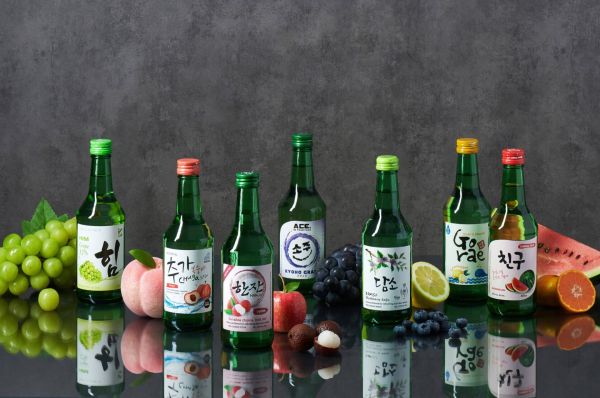
25/08/2025 Health-driven choices are reshaping consumer demand and creating new opportunities for on-trade and off-trade businesses
The UK beverage market is undergoing a clear shift as consumers move beyond traditional soft drinks and towards functional beverages—drinks designed to deliver additional health benefits alongside hydration and refreshment. Whether fortified with vitamins, enriched with protein, or infused with adaptogens, these products are positioned at the intersection of wellness and convenience.
Industry data highlights the scale of this change. Around 31% of UK consumers now consume energy-boosting drinks, and the functional beverage market was projected to reach £2.4 billion in 2024. This growth is supported by a broader wellness trend in which consumers are placing greater emphasis on products that actively support their physical and mental health.
Popular Categories Driving Growth
Probiotic Beverages
Digestive health is a priority for many consumers, and probiotic drinks are seeing strong uptake. Kombucha, a fermented tea, has become the most recognized product in this segment. Globally, the kombucha market is expected to grow by 15.6% annually between 2022 and 2030, and the UK is no exception. Brands such as Equinox Kombucha and Go Kombucha are gaining shelf presence as consumers increasingly seek out gut-friendly options.
Energy-Boosting Drinks
Energy drinks remain the largest functional beverage category. Market leaders such as Lucozade, Red Bull, and Gatorade are expanding their zero-sugar lines to meet demand for healthier formulations. Beyond the established players, smaller brands are entering with innovative formats. Acti+ and Tenzing, for example, are offering natural energy products made with nootropics, ginseng, and plant-based compounds. Functional coffees enriched with B vitamins are also emerging as a crossover between everyday consumption and performance-driven needs.
Adaptogenic Beverages
Stress management and mental well-being are front of mind for today’s consumers. This has accelerated demand for drinks containing adaptogens such as ashwagandha, ginseng, Rhodiola rosea, and medicinal mushrooms. Around 15% of UK consumers now consume herbal or adaptogenic drinks regularly. Brands including TRIP (CBD sparkling water), Moment (adaptogen-infused botanicals), DIRTEA (mushroom drinks), and PerfectTed (matcha-based) are carving out a presence in this space, offering consumers natural alternatives for focus and relaxation.
Vitamin-Fortified and Infused Drinks
Fortification has become a mainstream expectation. Between 2020 and 2023, the UK saw a 34% increase in the consumption of fortified foods and beverages. Drinks fortified with vitamins C and D, such as Vimto Squash, are resonating strongly with families and health-conscious individuals. This demand is underpinned by consumers who want an easy way to supplement their diet through everyday beverages.
The On-Trade Opportunity
For the on-trade, functional beverages present a strong opportunity to diversify menus and capture wellness-driven consumption occasions. Bars, restaurants, and cafés are increasingly expected to offer non-alcoholic choices that go beyond standard soft drinks. Functional beverages meet this demand while allowing operators to command premium pricing.
Offering kombucha on draft, stocking natural energy alternatives, or introducing adaptogen-based non-alcoholic cocktails are ways in which the on-trade can tap into this trend. As consumer interest continues to rise, businesses that integrate functional beverages into their offerings are better positioned to attract health-conscious customers and diversify revenue streams.
The UK functional beverage market reflects a clear shift in consumer behavior towards products that merge hydration, nutrition, and lifestyle needs. With categories ranging from kombucha to collagen, the space is expanding rapidly and providing significant opportunities for producers, distributors, and the on-trade. As the market heads towards £2.4 billion in value this year, the question is less about whether functional beverages will remain relevant, and more about how businesses across the supply chain can adapt quickly to capture this sustained demand.
Header image sourced from Unsplash.
 The On Trade
The On Trade 








